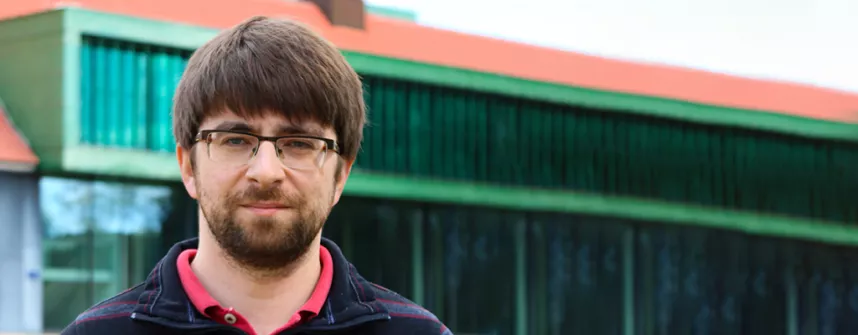International research project on dynamic systems at Jacobs University
April 29, 2021
Whether it is about the study of planetary motions, weather forecasts or the growth of bacterial cultures – involved are dynamical systems, which are mathematical models of real development processes. Although mathematicians have been working on such systems for a long time, many questions are still unanswered. Dr. Igors Gorbovickis, Professor of Mathematics at Jacobs University, is trying to close some knowledge gaps: in an international research project funded by the Deutsche Forschungsgemeinschaft (DFG), the German research funding organization.
The goal of dynamical systems theory is to understand the mechanisms behind certain fundamental phenomena that may be common to seemingly quite distinct systems. Examples of such phenomena include issues of stability, such as stability of our solar system, or the occurrence of chaos, such as in weather forecasting. To better understand phenomena like these, one research approach is to study simplified versions of the real systems. However, even seemingly simple dynamical systems can have quite mysterious behavior that is yet to be understood.
This also applies to the class of dynamic systems that Professor Gorbovickis is dealing with. In his research he is concerned with dynamical systems that are often defined by very simple functions. Examples are quadratic polynomials, which are already discussed in high school mathematics classes. However, these functions can exhibit quite complicated behavior when iterated – that is, when the same function is applied repeatedly. This can lead to various complex objects rich in structure, such as the Julia and the Mandelbrot sets.
"In my project, I propose a new approach to some of the open questions in this field," said Professor Gorbovickis. The DFG-funded project, entitled "Rigidity Problems, Renormalization and Critical Points of Multiplier Maps", is scheduled to last for two years. Scientists from the University of Toronto in Canada and Kansas State University in the USA are also involved.
Questions are answered by:
Professor Igors Gorbovickis
Professor of Mathematics
Tel: +49 421 200-3196
Email: i.gorbovickis [at] jacobs-university.de
